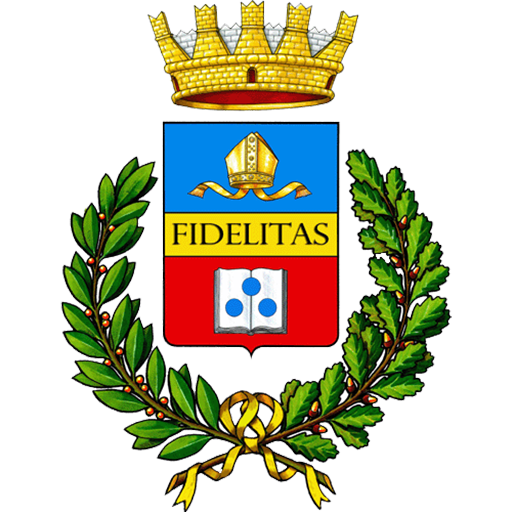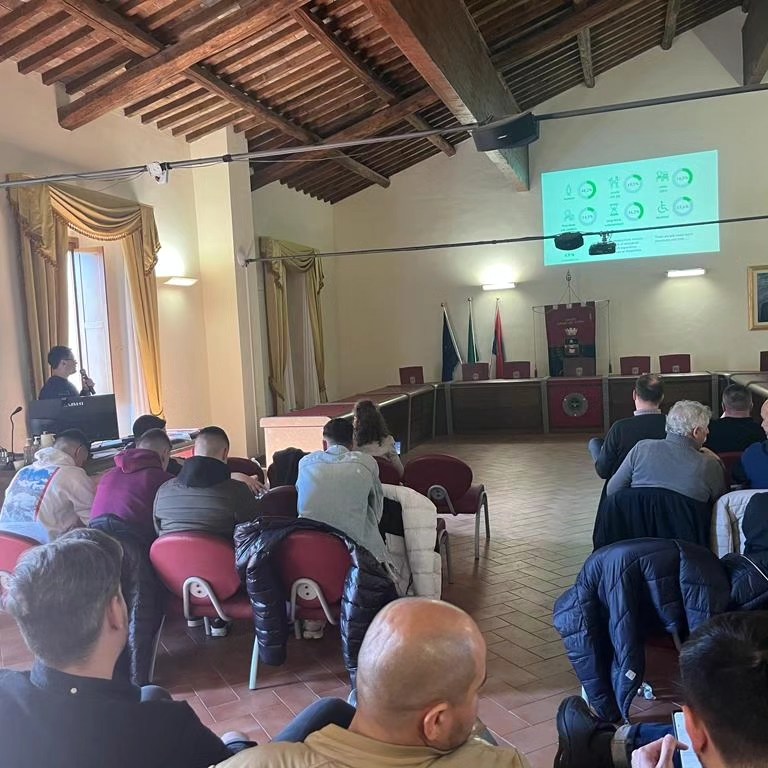Building Participation Across Europe
Each event brought new layers to this mission.
In Breznicki Hum, Croatia (23–25 March 2024), the Seminar “Self-Responsibility for Active Social Participation” convened unemployed citizens, local authorities, and European stakeholders to reflect on civic duty as a tool for resilience. Through interactive sessions and intercultural exchange, participants discussed how structural unemployment intersects with social exclusion—and how communities can counteract both through local engagement.
Shortly after, Novo Mesto, Slovenia hosted the Citizens Lab “COVID-19 Effects and Labour Market Challenges” from 24–26 March 2024. This two-phase event began with mapping the pandemic’s impact on employment and transitioned into a brainstorm of recovery measures rooted in democratic values. Participants presented recovery proposals, engaged in policy simulation exercises, and contributed to a cross-country overview on the future of inclusive employment.
Exchanging Practices, Strengthening Networks
The second round table, hosted in Birgu, Malta (24–26 October 2024), fulfilled the thematic goals. Participants from Romania, Croatia, and Slovenia joined local Maltese stakeholders to exchange practices on participatory citizenship. Building on the Best Practices e-Handbook, the workshop explored models for engaging unemployed citizens in municipal decision-making and fostering stronger links between local authorities and grassroots actors.
This momentum carried into Novo Mesto once again, which hosted the Participatory Seminar “Combating Poverty and Unemployment through Activation” (19–21 September 2024). The seminar focused on adapting EU policies to the real needs of unemployed people through inclusive strategies and bottom-up feedback mechanisms.
In Thessaloniki, Greece (11–13 November 2024), a Study Visit on Unemployment as a Key EU Policy Issue offered field insights into the role of local governance in addressing unemployment. Delegates from Italy, Romania, and Croatia visited municipal institutions, met with labor experts, and examined the intersection of European policy and grassroots implementation.
Raising a Manifesto for Europe
One of RECup’s culminating achievements was the creation of the “Citizens Manifesto: Time to Activate for Europe’s Employees!”, a digital publication capturing the voices, frustrations, and aspirations of unemployed citizens from all participating countries. Compiled through interviews, roundtables, and expert consultations, the manifesto was formally presented at the Final European Conference in Bucharest on 25 November 2024, which gathered 176 participants. Discussions focused on e-decision making tools, digital democracy, and civic activation platforms, presenting RECup as a blueprint for participatory governance.
The conference also showcased the Open Educational Resource (OER) Platform developed through the project, which houses training modules, videos, project reports, and policy toolkits, ensuring free access to all outputs. The platform, along with the website www.recup-project.eu, will remain online for at least two years post-project and continues to be updated with multimedia content and partner news.
Local Impact and European Legacy
Alongside transnational events, RECup ensured strong local engagement. Each partner organized national dissemination events, webinars, and media campaigns, collectively reaching over 3,000 citizens. Social media posts, blog articles, and online consultations amplified the project’s visibility and ensured that EU co-funding was properly acknowledged throughout.
More than a series of meetings, RECup created a transnational community of practice, where unemployed citizens moved from passive recipients of policy to active contributors. Local municipalities benefited from the shared European dialogue, adapting tools and practices that have now become part of their citizen engagement strategies.
RECup proved to be resilient, flexible, and impactful. It leaves behind a connected network of towns, a comprehensive body of civic resources, and a clear message: Democracy thrives when no one is left behind.









